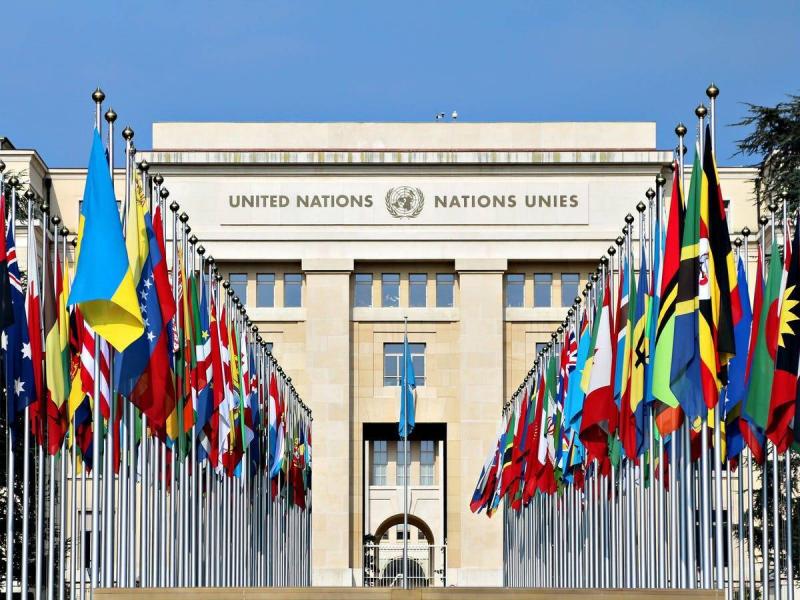The United Nations stated today, Tuesday, that countries could consider financial compensation as part of measures to address the enslavement of people of African descent, despite the complexity of legal claims due to time and the difficulty of identifying perpetrators and victims. A report from UN Secretary-General Antonio Guterres noted that no country has comprehensively considered the past or addressed the contemporary legacy of the violent uprooting of an estimated 25 million to 30 million people from Africa over more than 400 years.
The report stated: "Under international human rights law, compensation for any harm that can be economically assessed, as appropriate and in proportion to the seriousness of the violation and the circumstances of each case, may also represent a form of reparation." The report emphasized that the difficulty of bringing a legal claim for compensation "cannot serve as a basis for the dismissal of implicit legal obligations."
The idea of paying reparations for slavery or providing some form of redress has been raised for a long time, but it has recently gained momentum globally amid increasing demands from countries in Africa and the Caribbean. The European Union stated in July that the history of the slave trade in Europe caused "unspeakable suffering" for millions of people, hinting at the need for financial reparations for what it described as "a crime against humanity." The report concluded that countries should consider "multiple measures" to address the legacy of slavery and colonialism, particularly pursuing justice, financial compensation, and contributing to reconciliation.




